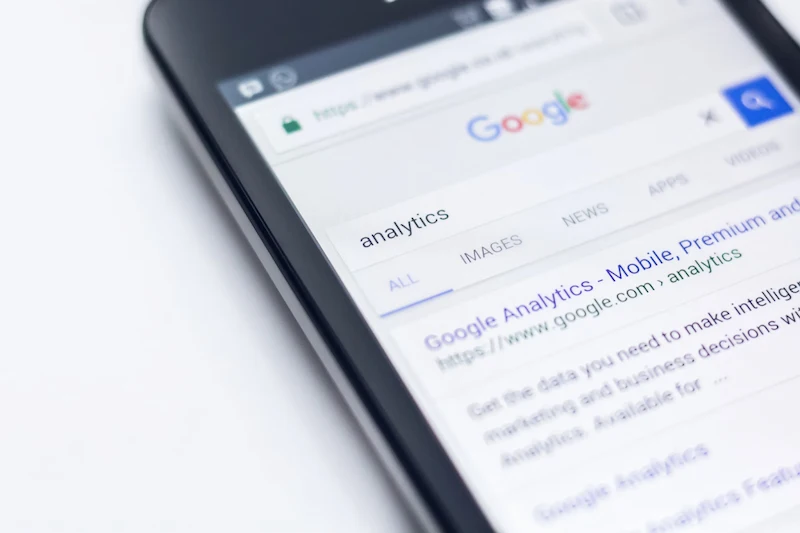Table of Contents
Digital marketing has become an essential part of growing any small business. To thrive in today’s competitive market, you need a solid online presence that connects with your audience and drives results. With the right digital marketing services, your business can expand its reach, attract more customers, and generate substantial growth. To make the process easier, it’s important to understand what digital marketing services are best suited for your small business and how they can work together to deliver effective results.
Understanding Your Target Audience and Setting Goals
Effective digital marketing starts with understanding who your audience is. Knowing your target customer – their age, gender, income level, interests, and problems – allows you to create content that resonates with them. The team behind One Day Integrated Agency recommends getting accurate targeting from industry experts to help you personalize a plan and go on from there. Every message you create, the ad you run, and the post you publish should address your audience’s needs directly. To do this, analyze your existing customers and use tools like Google Analytics and social media insights to gather data. This understanding forms the backbone of every successful marketing campaign.
Setting Clear and Attainable Goals
Digital marketing without clear goals is like trying to navigate without a map. Establishing specific, measurable objectives keeps your efforts focused and helps you evaluate success. Whether you want to generate leads, increase website traffic, or improve brand visibility, your goals should be in line with your business priorities. Once you’ve set your goals, you can develop a strategy to make them happen and use digital marketing services to execute effectively.
Key Digital Marketing Services for Small Businesses
Search Engine Optimization (SEO) involves fine-tuning your website to achieve better visibility on search engines like Google. When potential customers search for products or services related to your business, you want to appear as one of the top results. A higher search ranking increases the likelihood of attracting more visitors to your site.
On-Page SEO and Content Optimization
On-page SEO involves optimizing various aspects of your website – such as title tags, meta descriptions, and keyword placement – to improve your search engine rankings. It’s crucial to incorporate relevant keywords that reflect what your customers are searching for.
Content optimization is another key element; creating high-quality, valuable content tailored to your audience will help your site rank better and engage visitors.
Local SEO for Small Businesses
If you operate a local business, local SEO should be a top priority. This involves optimizing your site and online presence to attract customers in your specific geographic area. Claiming and updating your Google My Business profile, earning positive reviews, and ensuring your name, address, and phone number (NAP) are consistent across directories are key to boosting your local search presence.
Pay-Per-Click Advertising (PPC)
PPC advertising is a paid method to bring instant traffic to your website. Google Ads and social media platforms like Facebook and Instagram offer PPC options that allow you to set a budget and target your ideal audience with precision. Unlike organic methods that may take time to show results, PPC campaigns can generate leads immediately, making them an excellent option for small businesses looking to boost sales quickly.
The content must be concise, persuasive, and targeted. A well-structured campaign requires you to carefully choose keywords, craft compelling ad copy, and create relevant landing pages that make it easy for visitors to take action, whether it’s signing up for a newsletter or purchasing a product.
Measuring Success and Adjusting Your Strategy
Digital marketing involves continuous testing and improvement. You need to track KPIs like website traffic, conversion rates, and social media engagement to gauge the effectiveness of your marketing efforts. Each digital marketing service you use will have specific metrics to monitor. For example, SEO performance can be tracked through organic traffic, while email marketing success is measured by open and click-through rates.
Adjusting Your Campaigns for Better Results

Marketing isn’t a one-size-fits-all solution. You need to remain adaptable and ready to adjust your strategy based on the results you’re seeing. Use the data from your KPIs to refine your approach. Whether it’s changing keywords for better SEO results, tweaking ad copy to improve PPC performance, or shifting your social media focus, be prepared to pivot. Flexibility is key to long-term success.
Digital marketing provides small businesses with incredible opportunities to grow and reach their target audiences more effectively. With the right mix of services, you can elevate your brand and connect with more customers. The key lies in understanding your audience, setting clear goals, and leveraging the right tools to deliver your message. By focusing on the right strategies and being adaptable in your approach, you can maximize the potential of digital marketing and drive real, tangible growth for your small business. Remember, success doesn’t come overnight, but with consistent efforts, your business can reap the rewards of a well-executed digital marketing strategy.
Want to explore something different? Understanding Your Financial Rights: A Legal Perspective

